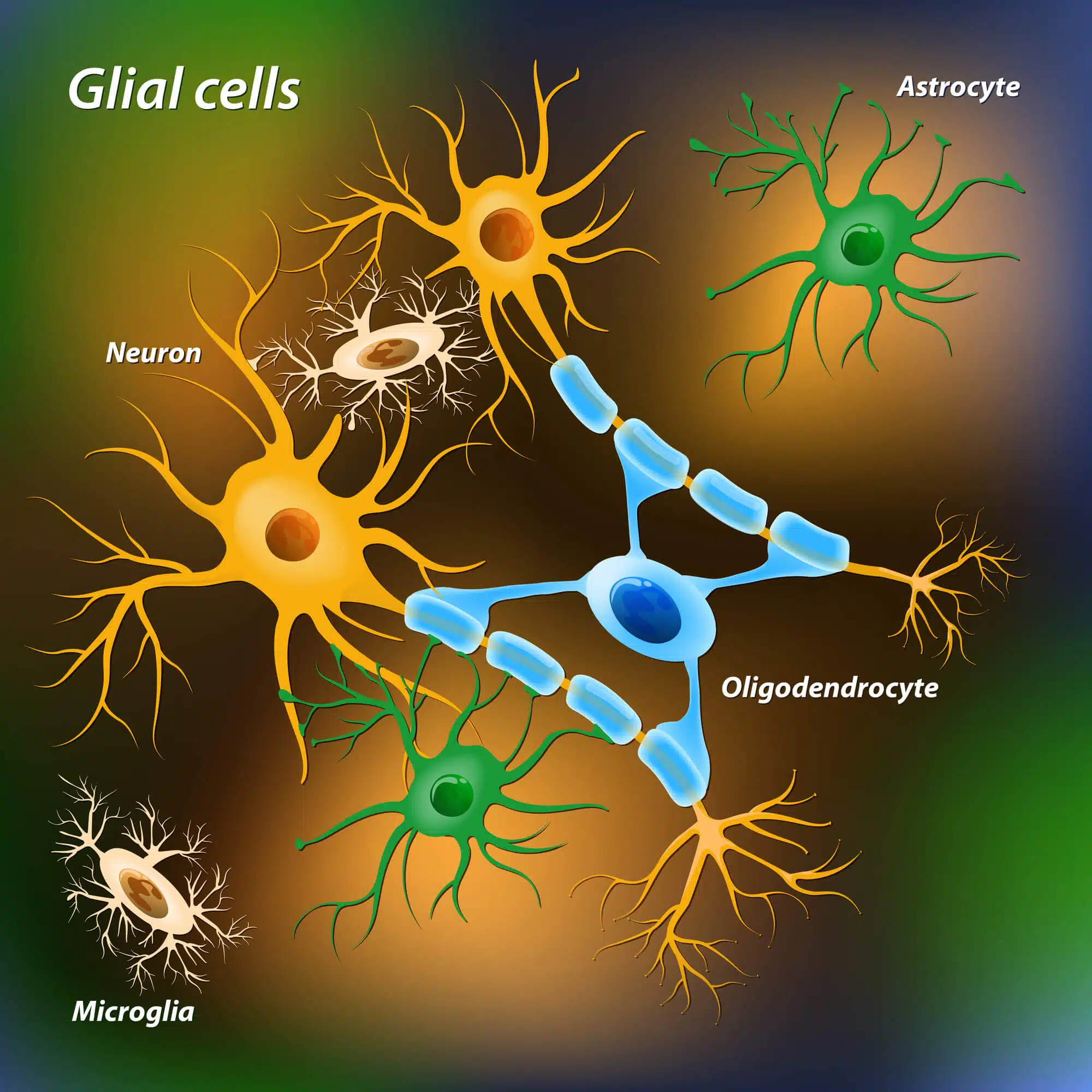A group of researchers reveals for the first time the mechanism of action of electric shock therapy, the most effective procedure for the treatment of clinical depression, and subsequently developed a drug that mimics its mechanism of action and reduces symptoms of depression

At any given time, approximately 5-7% of the world's population suffers from clinical depression, and one in six people will suffer from a depressive episode at least once in their lifetime. Despite decades of research in the field, the biological factors responsible for the development of depression are still unclear. Today, according to many scientific studies in the field of psychiatry, the most effective procedure for treating the disease is electric shock treatment, although the biological mechanism underlying this treatment was not clear until now.
study New reveals for the first time the mechanism of action of electric shock therapy, which is based on inhibiting the formation of molecules that disrupt the structure and function of microglia cells in the brain. The study, which was recently published in the journal "Molecular Psychiatry", was conducted by Prof. Raz Yeremia, head of the Psychoneuroimmunology Laboratory in the Department of Psychology, together with postdoctoral student Dr. Neta Rimmerman and other researchers in the laboratory, funded by the National Science Foundation. The researchers found that in a model of depression in experimental animals, electric shock treatment inhibits the formation of molecules that neutralize and degenerate the microglial cells during the development of depression. They also discovered a new drug that mimics the mechanism of action of an electric shock on microglial cells and reduces depressive symptoms more effectively than conventional drugs, such as ciprofloxacin.
Microglial cells, which make up about ten percent of brain cells, are the representatives of the brain's immune system, and have a central role in dealing with disease agents such as viruses, bacteria, brain damage, and physical and psychological stress. The researchers discovered that the effect of electric shock on microglial cells is the mechanistic basis of the treatment's antidepressant properties. Later, the researchers examined which genes are activated more or less in the brain in response to an electric shock, and discovered changes in 15 genes, with only one of them, LAG3, unique to microglial cells. In depressive states, the expression of the gene increases and causes a decrease and disruption in the microglial cells, while the electric shock treatment lowers its expression back to a normal state.
Interestingly, the production of LAG3 and similar immune checkpoint substances also increases in cancerous tumors in the body, disrupting the immune system's ability to eliminate the cancer. Therefore, the innovative biological drugs for cancer (whose discoveries received the Nobel Prize in Medicine in 2018) are based on antibodies that block this mechanism. The researchers used a similar approach and found that treatment with an antibody to LAG3, returned the microglial cells to their normal state, increased the formation of new neurons in the brain, and was a fast-acting and effective treatment, even more than the popular drug ciprofloxacin.
According to Prof. Jeremiah, "In this study, we found that the repair of the disturbances in microglial cells is the mechanism of action of electric shock treatment, which is one of the only medical procedures that have been in use for almost 100 years. The findings show that similar to the mechanisms by which cancer disrupts the immune system that is supposed to fight against it, psychological stress also activates immune control molecules such as LAG3, which disrupt the function of the microglial cells, and in this way contribute to psychiatric and neurological morbidity."
Prof. Jeremiah concluded by saying that "I believe that on the basis of the findings we have published we will soon be able to develop innovative drugs, which, similar to an electric current, will be faster-acting and more effective antidepressants than the drugs available today."
More of the topic in Hayadan:
